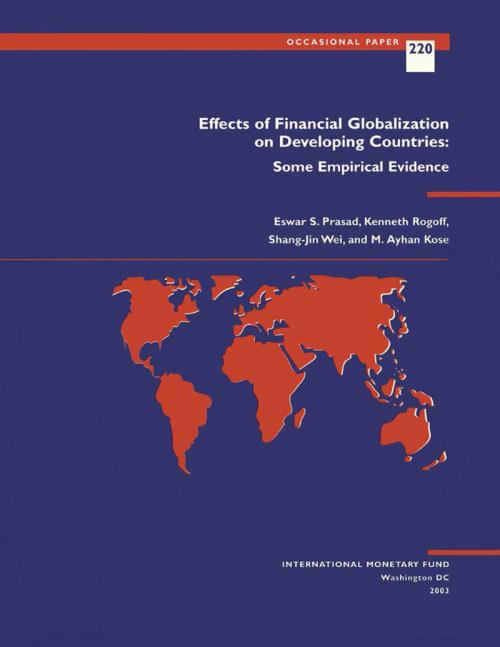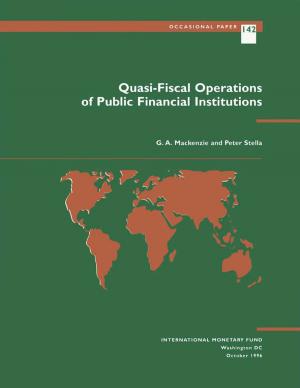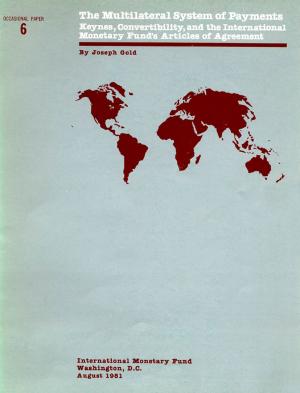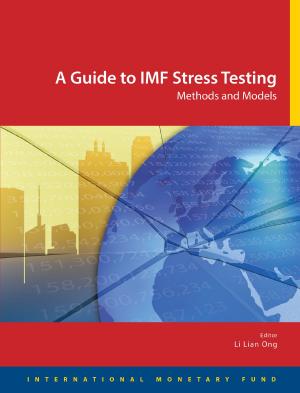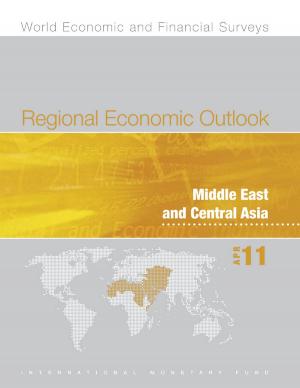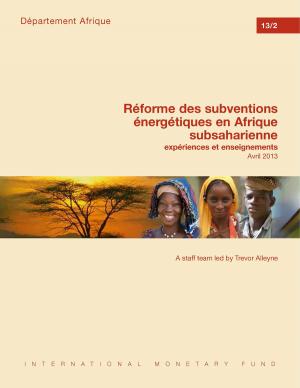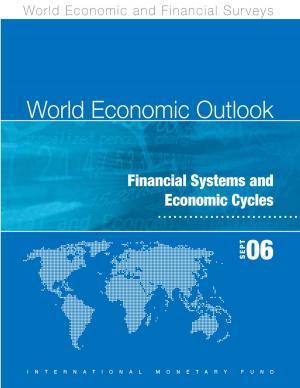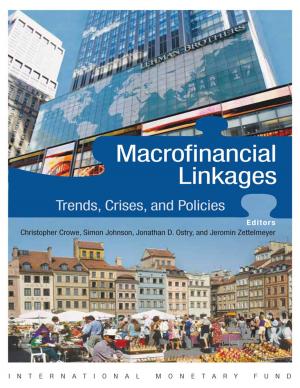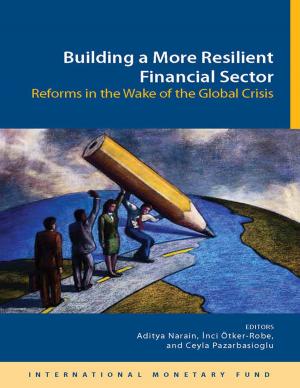Effects of Financial Globalization on Developing Countries: Some Empirical Evidence
Business & Finance, Economics, Public Finance, Finance & Investing, Banks & Banking, Macroeconomics| Author: | M. Mr. Kose, Kenneth Mr. Rogoff, Eswar Mr. Prasad, Shang-Jin Wei | ISBN: | 9781452790350 |
| Publisher: | INTERNATIONAL MONETARY FUND | Publication: | September 3, 2003 |
| Imprint: | INTERNATIONAL MONETARY FUND | Language: | English |
| Author: | M. Mr. Kose, Kenneth Mr. Rogoff, Eswar Mr. Prasad, Shang-Jin Wei |
| ISBN: | 9781452790350 |
| Publisher: | INTERNATIONAL MONETARY FUND |
| Publication: | September 3, 2003 |
| Imprint: | INTERNATIONAL MONETARY FUND |
| Language: | English |
This study provides a candid, systematic, and critical review of recent evidence on this complex subject. Based on a review of the literature and some new empirical evidence, it finds that (1) in spite of an apparently strong theoretical presumption, it is difficult to detect a strong and robust causal relationship between financial integration and economic growth; (2) contrary to theoretical predictions, financial integration appears to be associated with increases in consumption volatility (both in absolute terms and relative to income volatility) in many developing countries; and (3) there appear to be threshold effects in both of these relationships, which may be related to absorptive capacity. Some recent evidence suggests that sound macroeconomic frameworks and, in particular, good governance are both quantitatively and qualitatively important in affecting developing countries’ experiences with financial globalization.
This study provides a candid, systematic, and critical review of recent evidence on this complex subject. Based on a review of the literature and some new empirical evidence, it finds that (1) in spite of an apparently strong theoretical presumption, it is difficult to detect a strong and robust causal relationship between financial integration and economic growth; (2) contrary to theoretical predictions, financial integration appears to be associated with increases in consumption volatility (both in absolute terms and relative to income volatility) in many developing countries; and (3) there appear to be threshold effects in both of these relationships, which may be related to absorptive capacity. Some recent evidence suggests that sound macroeconomic frameworks and, in particular, good governance are both quantitatively and qualitatively important in affecting developing countries’ experiences with financial globalization.
